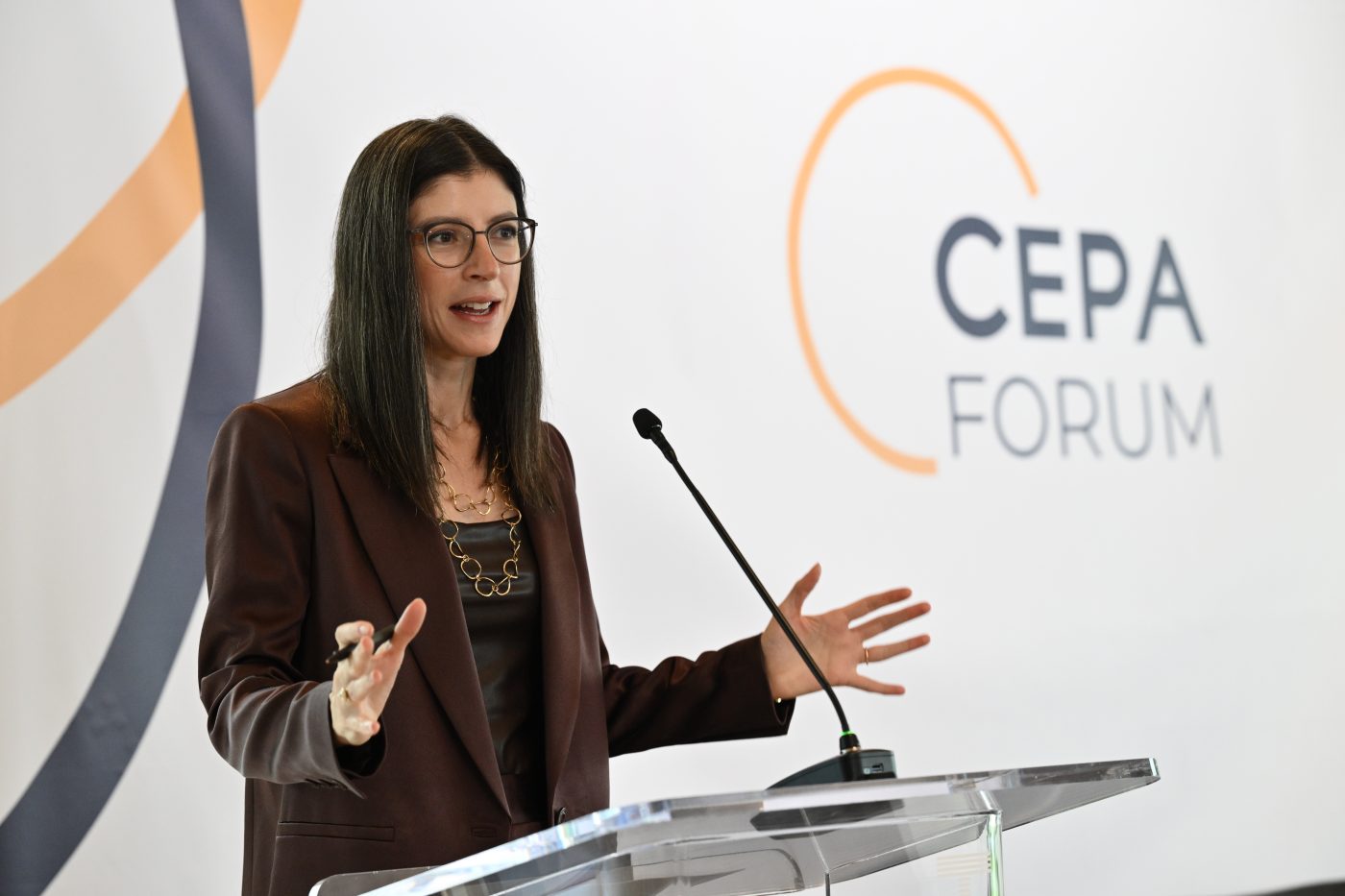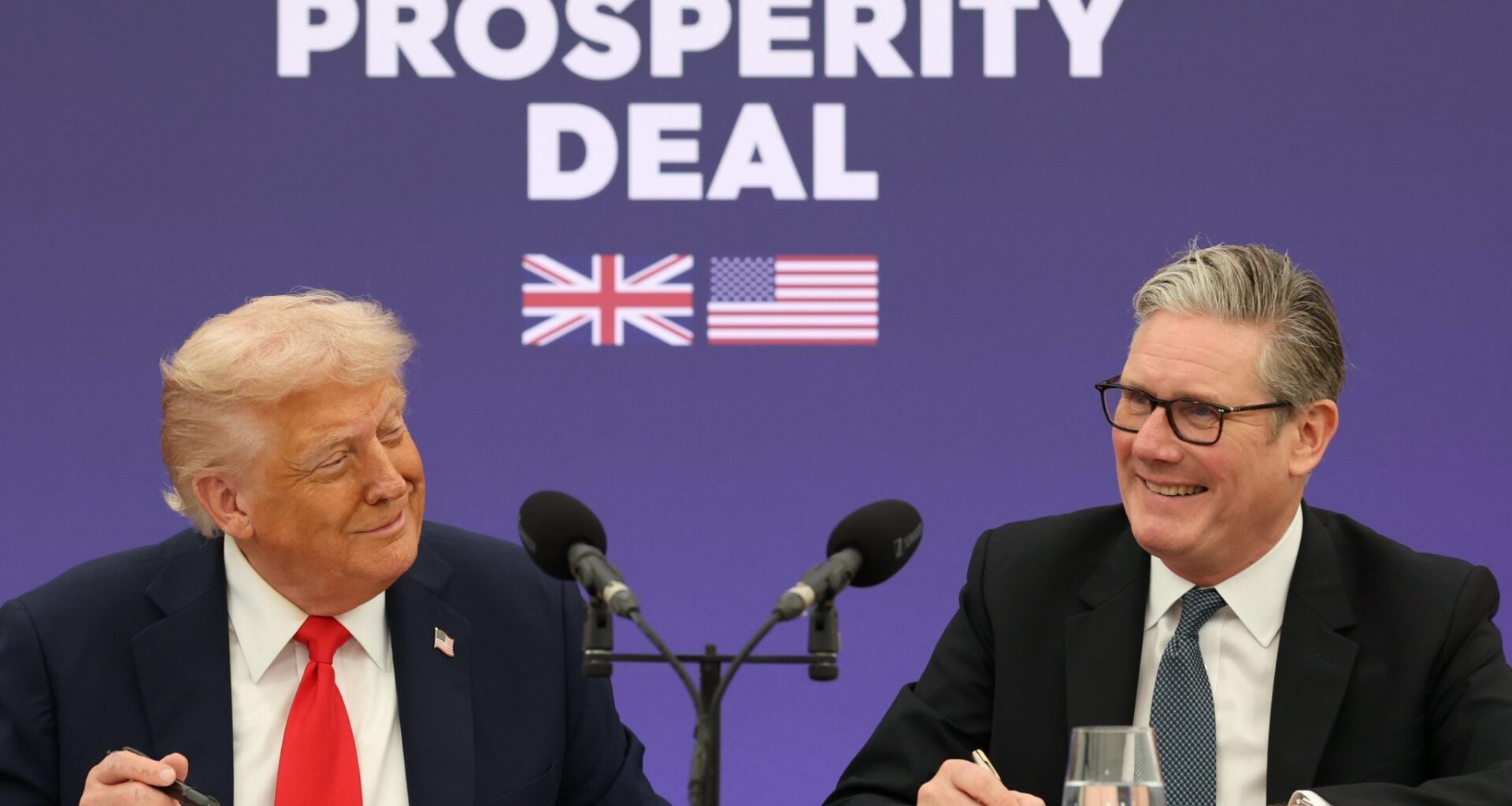The US-UK nuclear deal is especially significant, committing both nations to end reliance on Russian nuclear fuel by 2028. This is more than an energy decision. It reflects a strategic understanding that the future energy and technology transition will provide an edge against the hybrid warfare waged by Russia and China.
Hybrid attacks on Europe do not have a specific name or face. They are delivered through cyber-attacks, sabotage of undersea cables and rail lines, export restrictions on rare earths, and AI-enabled drones. Recently, they have come in the form of drones flying over, and closing West European military airfields, and civilian airports, both large and small. Russia is suspected, although there’s limited hard evidence beyond intent and past behavior.
Autocratic regimes use resources and technology as weapons against democratic societies. Europe, without a committed US, must recognize that dependence on adversaries is no longer an economic inconvenience — it is a direct security threat.
Nowhere is this clearer than in Europe’s relationship with China. The EU remains heavily reliant on Beijing for critical raw materials and rare earth elements. This dependency hands China political leverage over Europe’s industries, and in times of crisis, could bring entire sectors of the economy to their knees. According to the Financial Times, Beijing is now using this power to hit the Western defense industry by refusing to meet demand for germanium, a key metal for thermal imaging.
There are positive steps. Europe is, for example, gradually moving toward a ban on Russian liquefied natural gas (LNG) imports, despite internal resistance from Hungary and Slovakia.
The Italian Mattei Plan, framed within the EU’s Global Gateway initiative, offers a constructive model of engagement in Africa. Unlike China’s Belt and Road Initiative (BRI), which extracts African resources for processing in China, the Mattei Plan emphasizes local development, political partnership, and a non-predatory approach. These efforts show Europe can pursue diversification, but for now, they remain too limited in scale and speed.
At the core of the challenge is innovation. Last year’s Draghi report warned that Europe may need the financial firepower of two Marshall Plans to revive industrial capacity and keep pace with the United States and China. Instead of tackling this head-on, the EU has focused its energy on regulating AI. The EU’s fixation on bureaucracy risks stifling the very innovation it needs. Cumbersome regulation discourages investment, while rivals accelerate AI breakthroughs.
Get the Latest
Sign up to receive regular emails and stay informed about CEPA’s work.
Massive data centers, essential to AI development, will demand enormous amounts of stable and low-cost energy, something recommended by Draghi as vital to innovative capabilities. Nuclear power is uniquely positioned to meet this demand. The United States and the United Kingdom have recognized this and are lowering barriers to new construction, especially for more rapidly constructed small nuclear reactors (SMRs). Europe should follow their lead.
Reinvigorating nuclear energy would yield multiple dividends. It would cut dependence on Russian energy, stabilize electricity costs, and create a more competitive internal market. It would also provide the foundation for a uniquely European AI ecosystem.
Relying on American or Chinese models is not only economically risky but carries strategic risks, given the possibility of hidden vulnerabilities. European-developed AI, integrated with energy and security systems, could enhance efficiency, monitor critical infrastructure, and strengthen defenses.
This is not only about economics. Investment in dual-use technologies — innovations with both civilian and military applications, such as AI and nuclear energy — must become a priority. Many of today’s most transformative technologies, from the internet to GPS satellites, began as military research. Europe should deepen cooperation with NATO initiatives like DIANA, which connect investors with projects at the cutting edge of defense and technology.
To get there, the EU must break old habits. Excessive regulation and political hesitation have slowed projects, inflated costs, and discouraged risk-taking. Large nuclear reactors face decades-long timelines; AI projects face endless legal reviews. This is a luxury Europe can no longer afford. Competitors are moving fast, and adversaries continually test the continent’s resolve with hybrid attacks.
Europe must accelerate diversification away from Russian and Chinese dependencies. It must embrace nuclear power as the backbone of a secure energy future, paired with AI as the driver of competitiveness and resilience. And it must channel investment into dual-use technologies that strengthen both economies and defenses.
Adversaries are exploiting differences with Washington and fractures within European NATO. If the EU continues to delay, it risks being left vulnerable to an “axis of upheaval” of Moscow and Beijing. If, instead, it acts decisively, Europe can secure its independence and survive in the age of hybrid warfare.
Niccolò Comini is a graduate of Kenyon College and writes about Italian politics and foreign policy, and has been published on CEPA’s Europe’s Edge, Foreign Policy, and The National Interest.
Maurizio Geri is a postdoctoral researcher on Russian and Chinese hybrid warfare in energy and tech at GMU, with an EU Marie Curie Fellowship. He is also an Italian Navy reservist Lieutenant/POLAD, and he has been published on several media outlets and think tanks, including Friends of Europe, EURACTIV, National Interest, GMF, and others.
Europe’s Edge is CEPA’s online journal covering critical topics on the foreign policy docket across Europe and North America. All opinions expressed on Europe’s Edge are those of the author alone and may not represent those of the institutions they represent or the Center for European Policy Analysis. CEPA maintains a strict intellectual independence policy across all its projects and publications.

Europe’s Edge
CEPA’s online journal covering critical topics on the foreign policy docket across Europe and North America.
